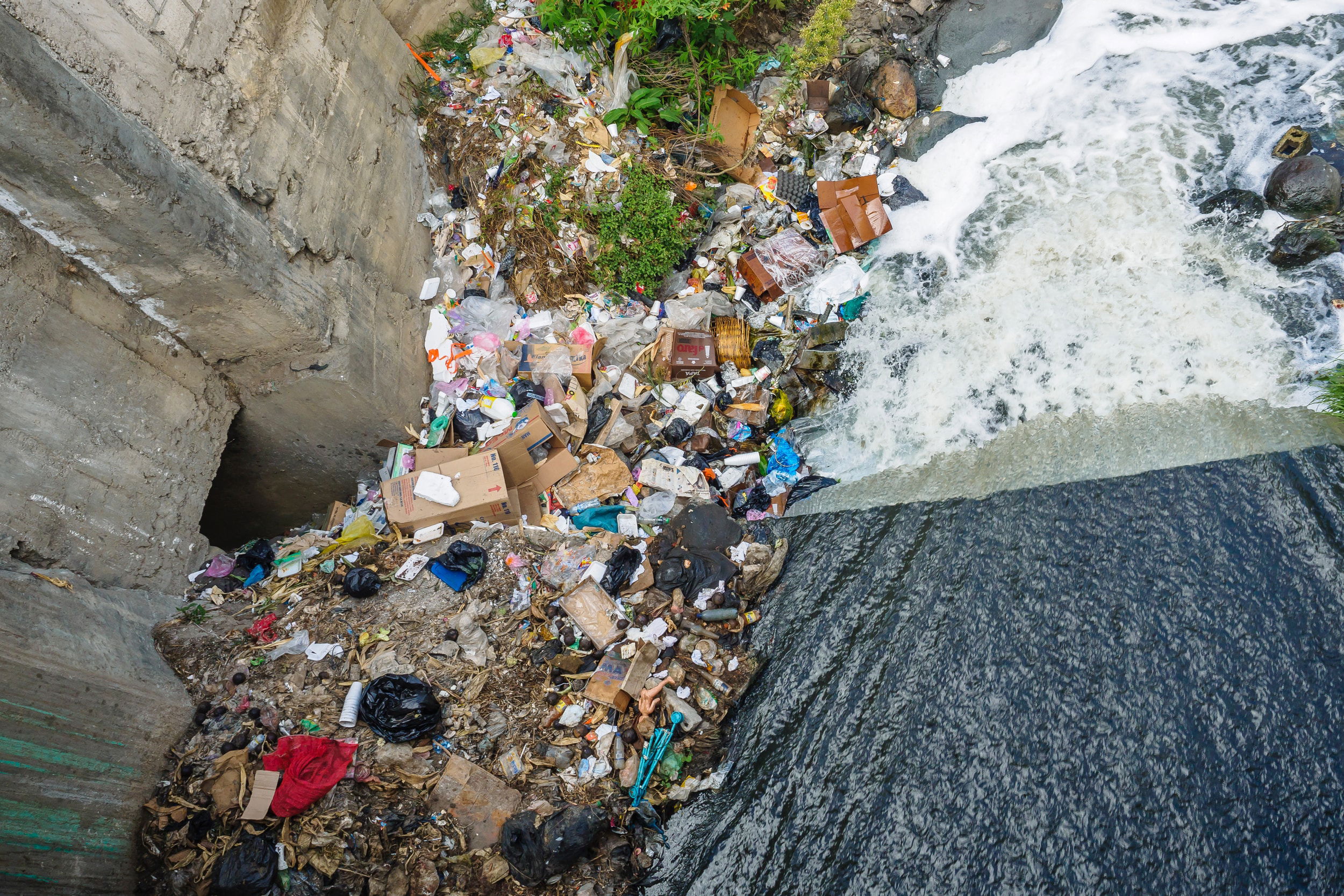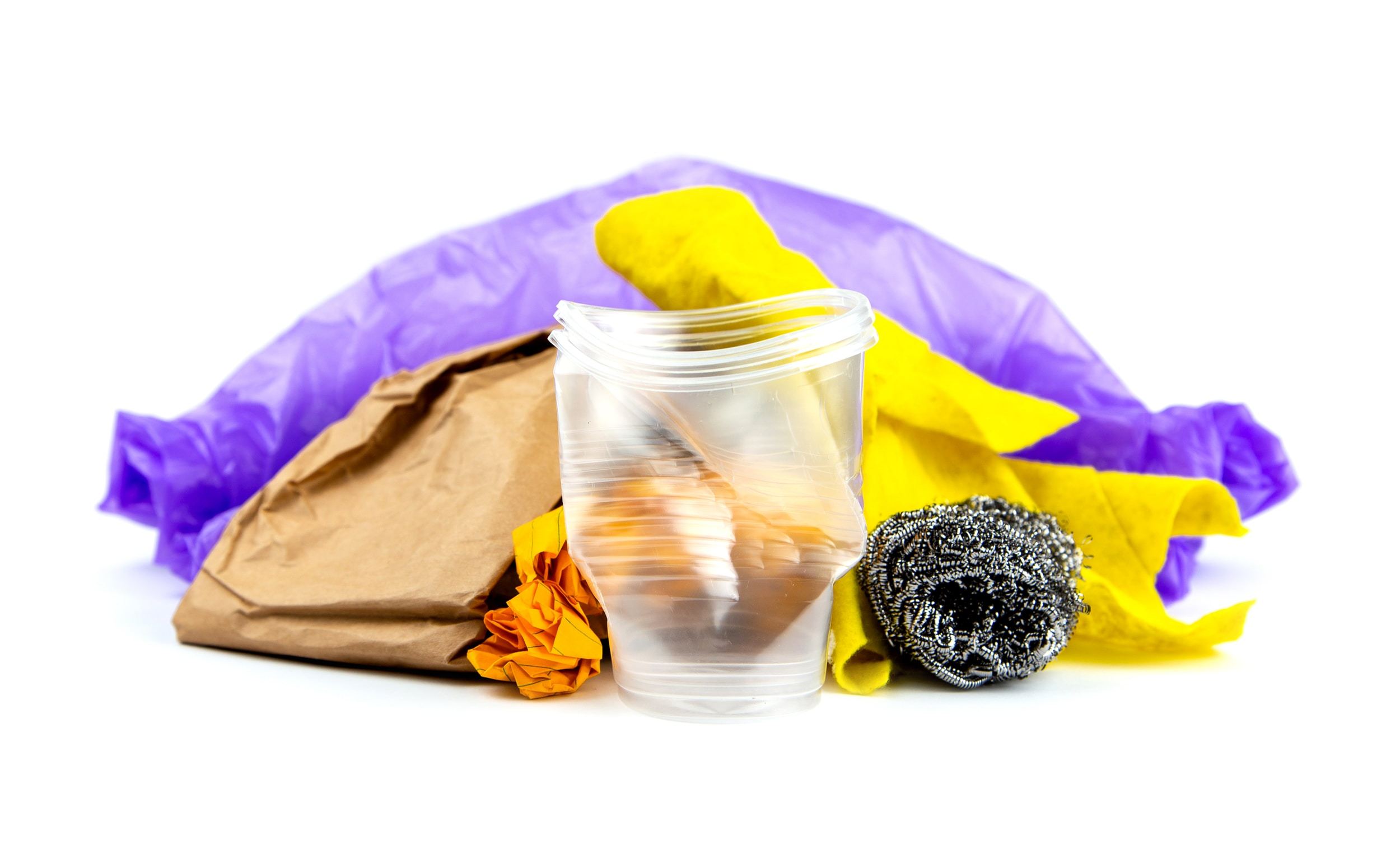Saving Our Oceans: The Fight Against Plastic Pollution
Our oceans, the cradle of life on Earth, are under siege. Plastic pollution, one of the most pressing environmental challenges of our time, is wreaking havoc on marine ecosystems, endangering marine life, and threatening the delicate balance of our planet's largest and most vital ecosystem. In this article, we will explore the scope of the plastic pollution problem, its devastating impacts, and the urgent global efforts to combat this environmental crisis.

The Rising Tide of Plastic Pollution
Plastic is an incredibly versatile and durable material, but these very qualities also make it a formidable pollutant. The production and consumption of plastics have surged over the past few decades, resulting in an alarming increase in plastic waste entering our oceans. Here are some sobering facts about plastic pollution:
- Plastic Production: Since the 1950s, over 8.3 billion metric tons of plastic have been produced worldwide.
- Plastic Waste: A significant portion of plastic produced ends up as waste, with estimates suggesting that approximately 60% of all plastic ever produced has been discarded.
- Ocean-Bound Plastic: Millions of tons of plastic waste flow into the oceans each year, primarily through rivers and coastal areas.
- Microplastics: Plastic pollution is not just about large, visible items; it also includes microplastics, tiny particles less than 5mm in size, which are pervasive in oceans and can be ingested by marine life.
Devastating Impacts on Marine Life
Plastic pollution poses an existential threat to marine ecosystems and the myriad species that call the oceans home. The consequences of this pollution are profound and far-reaching:
- Wildlife Entanglement: Marine animals, including seabirds, turtles, and marine mammals, often become entangled in discarded fishing nets and plastic debris, leading to injuries, suffocation, and death.
- Ingestion: Countless marine species ingest plastic, mistaking it for food. This can lead to internal injuries, malnutrition, and even death. Plastics can also accumulate toxins, which become more concentrated as they move up the food chain, ultimately affecting human health.
- Habitat Destruction: Coral reefs and other critical marine habitats suffer when plastic debris settles on them, blocking sunlight and disrupting delicate ecosystems.
- Chemical Pollution: Plastics can leach harmful chemicals into the water, affecting the health of marine organisms and disrupting ecosystems.
- Economic Impact: Plastic pollution poses a significant economic burden through the damage it causes to fisheries, tourism, and coastal communities.
Global Efforts to Combat Plastic Pollution
Recognizing the urgency of the plastic pollution crisis, governments, organizations, and individuals around the world have taken significant steps to address this issue:
- Legislation and Bans: Many countries and regions have implemented bans or restrictions on single-use plastics, such as plastic bags, straws, and cutlery.
- Waste Management: Improved waste collection, recycling infrastructure, and waste management practices are essential to preventing plastic waste from entering the oceans.
- Innovation: Innovations in materials and packaging are reducing plastic use and promoting alternatives like biodegradable materials.
- Cleanup Efforts: Organizations and volunteers are engaged in beach cleanups and large-scale efforts to remove plastic waste from oceans.
- Education and Awareness: Raising awareness about plastic pollution's impact and promoting responsible consumption and waste reduction is crucial.
- Research and Monitoring: Ongoing research helps us better understand the scope of the problem and its long-term effects on marine ecosystems.

The Way Forward
Addressing plastic pollution requires a collective global effort and a commitment to change our consumption and disposal habits. As individuals, we can make a difference by reducing our plastic use, recycling responsibly, and supporting initiatives that combat plastic pollution. To save our oceans and protect the countless species that depend on them, we must act decisively to reduce plastic production, improve waste management, and shift towards more sustainable practices. It's a challenging battle, but one that is essential for the health of our planet and future generations.
The fight against plastic pollution is not just about preserving the oceans; it's about safeguarding the very life support system of our planet. By taking meaningful actions today, we can work towards a future where our oceans are free from the shackles of plastic pollution, and marine life thrives once more.
Sources
- National Geographic - Plastic Pollution
- The Ocean Cleanup - About Plastic Pollution
- World Wildlife Fund - Plastic Pollution
- UN Environment Programme - Plastic Pollution
- National Oceanic and Atmospheric Administration (NOAA) - Impacts of Marine Debris